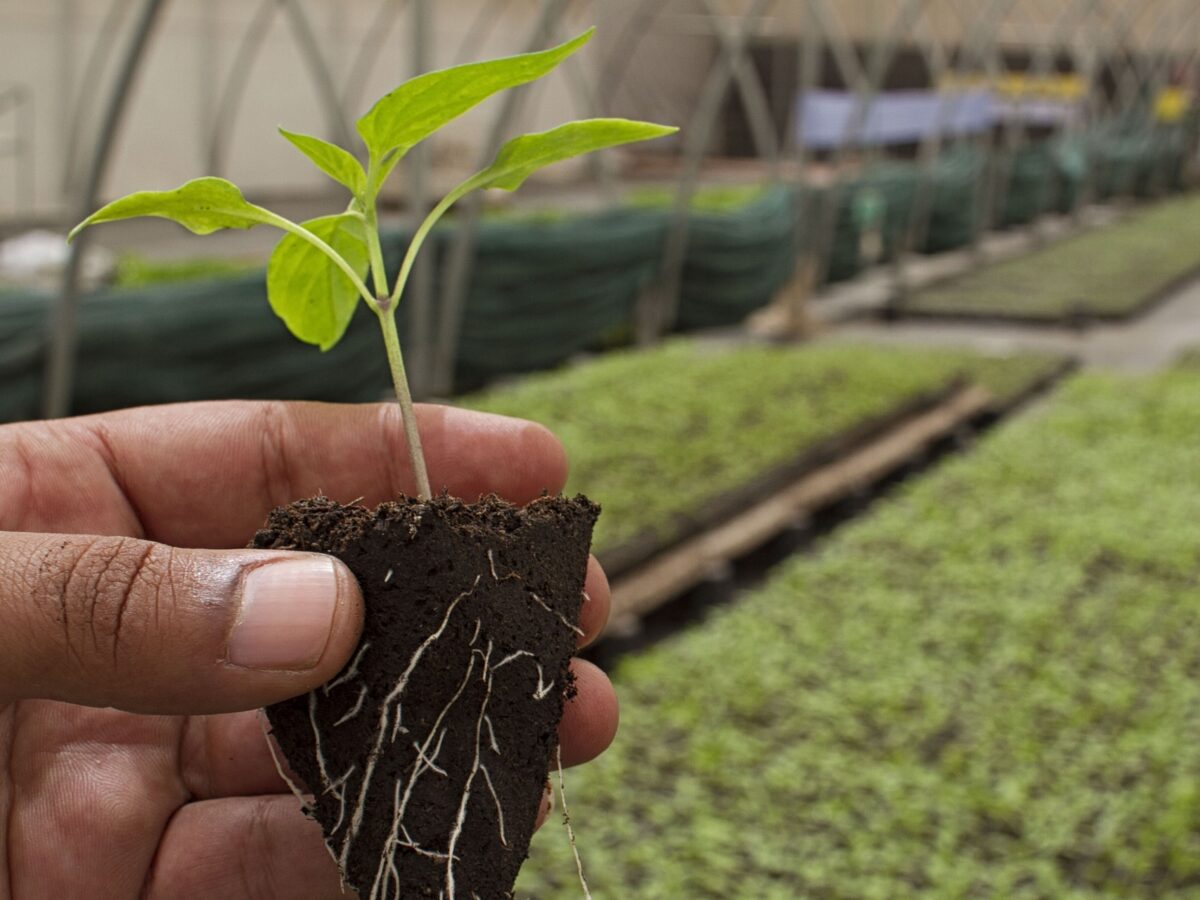At a recent Resource Innovation Institute (RII)* conference, the attendees discussed common industry challenges impacting CEA growers consistently. While the breath of topics were varied, it was impressive to hear about the obstacles they face from those actively working in the industry. It was apparent they care deeply about solving the food insecurity issues occurring around the world. And they understood their successes could make a remarkable difference in fighting hunger, eliminating food deserts, and ensuring safe and healthy food for future generations. All lofty goals with talented people taking it on.
Challenges fit broadly into these buckets.
- Crop Efficiencies and Food Safety Business Practices – At the end of the day, it is all about the plants and providing affordable, healthy, and safe food.
- One way to ensure affordability is to wring out the waste in the system. There is unnecessary waste in the grow systems including water, grow processes, and inefficient operations. So, what can be optimized? Growers need to be better at initiating water reclamation and energy efficiency best practices. Choosing reliable equipment and knowledgeable suppliers, responding to supply chain shortages, and using existing resources are wise business decisions.
- Because of inefficient crop production, lack of crop standards and performance baselines are difficult to set and monitor consistently. According to one attendee, growers need to understand the balance between CO2 and lighting to balance the ideal amount of nutrients needed by plants which will save time, money, water, and supplies.
- Talent – There is a shortage of experienced growers who have the breadth of knowledge necessary to grow quality plants. Many do not understand plant physiology; nor the chemical and physical environments that contribute to healthy plant growth. There is also shortage of workers at all levels to keep grow rooms operational. Better training, career development programs, industry education and financial aid are needed to encourage workers, especially minorities, to pursue careers in agriculture and horticulture.
- Lighting/Energy Dependence – Renewable energy sources (microgrids, solar, EAAS, nuclear power) must be pursued seriously. The cost of energy is not going to decline. While farms have implemented options such as LED lighting, there is room for improvement. So, facilities should consider a diversity of sources.
- Water – Water supply is becoming a major issue across the entire country, not just in western states. It is expensive or not available in many areas. Some farms are reclaiming every drop of water from crop runoff. Others are exploring stormwater for non-crop use.
- Site Selection – Selecting design/build sites with experienced contractors is the starting point for averting many future challenges. Choose knowledgeable CEA contractors and get them talking together from the start. Building with silo contractors is inefficient and creates future problems. Also, take into consideration energy and water availability first. The local labor pool, local government requirements, and community acceptance are equally important when selecting locations.
- Collaboration and Knowledge Sharing – Dr. Chieri Kubota, Professor and OHCEAC Director at Ohio State University provided an excellent presentation on the CEA crop collaboration occurring at OSU. She emphasized the need for better collaboration between all university ag extension programs.When working together, the engineering discipline and plant scientists can achieve healthy and safe food supplies at affordable price.
Throughout the conference the consistent theme was collaboration and knowledge sharing among growers. Also, grower and supplier it is imperative to create a more perfect environment for the business, its profitability, the employees and most importantly the plants. Never forget about the plants!
*Resource Innovation Institute is the leading not-for-profit energy & water benchmarking organization providing resource efficiency best practices for CEA producers and their project partners.

